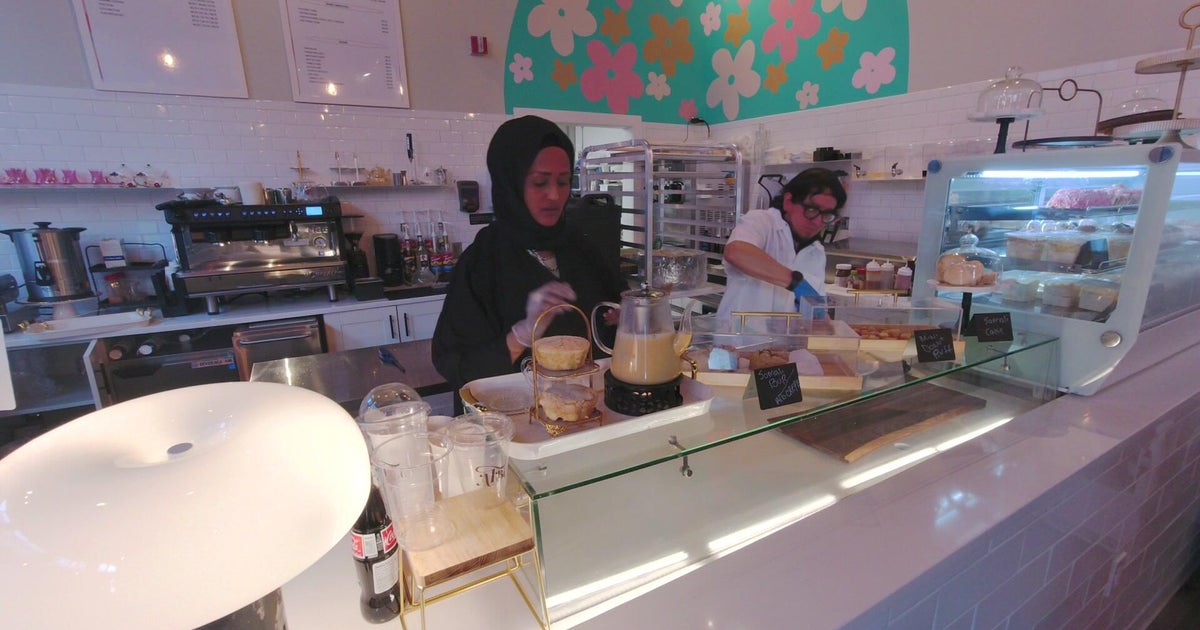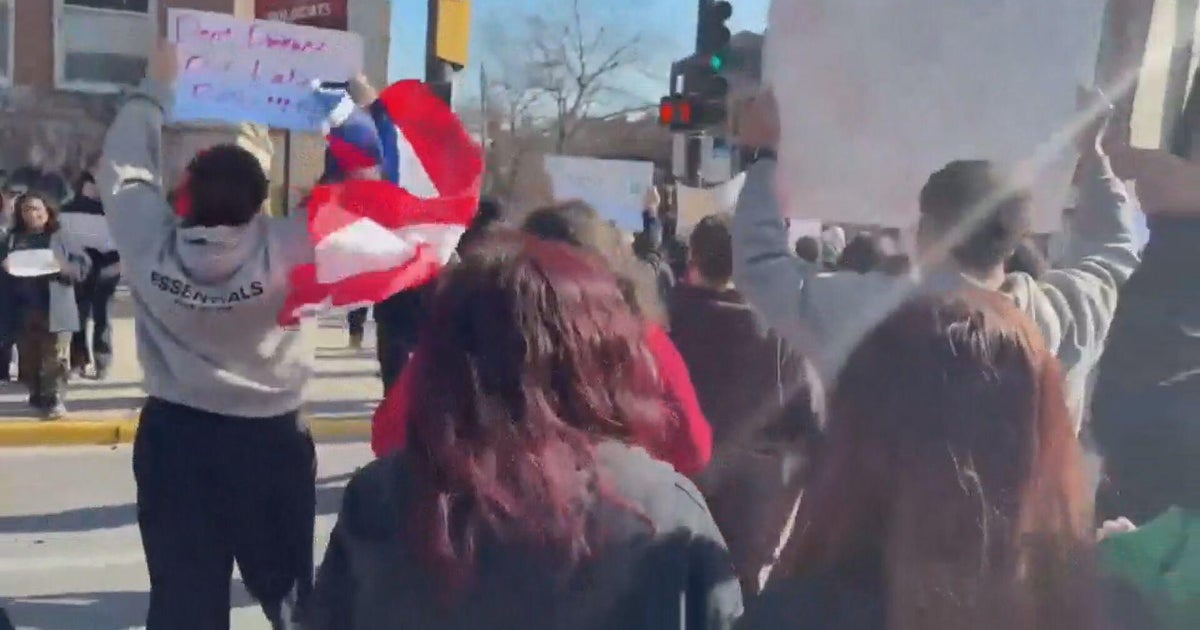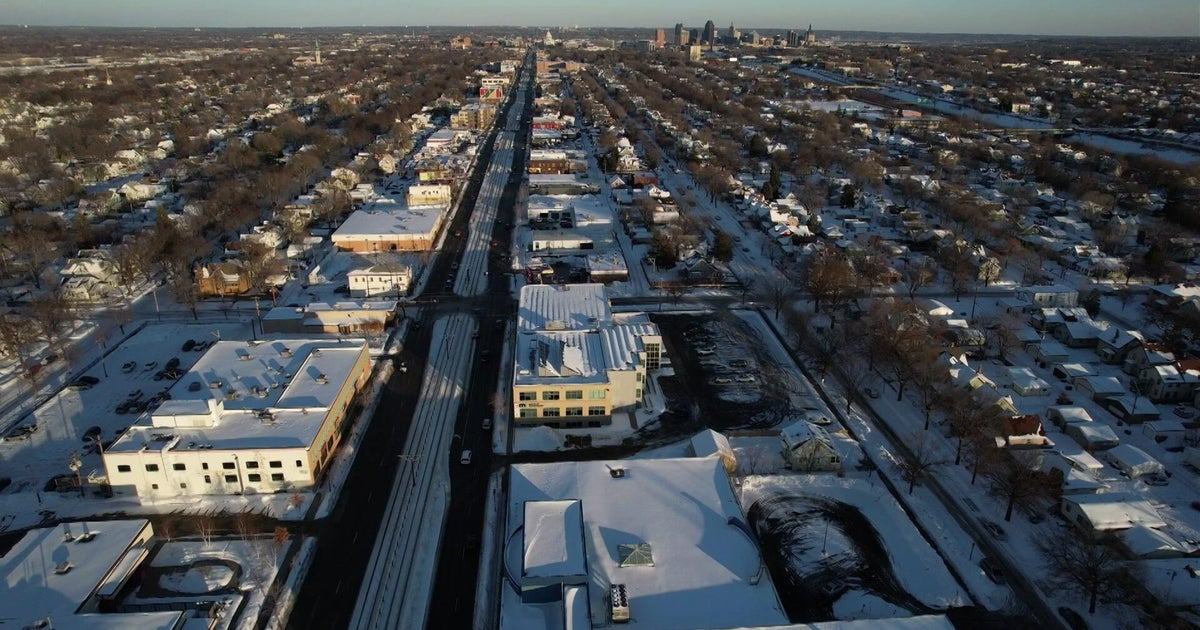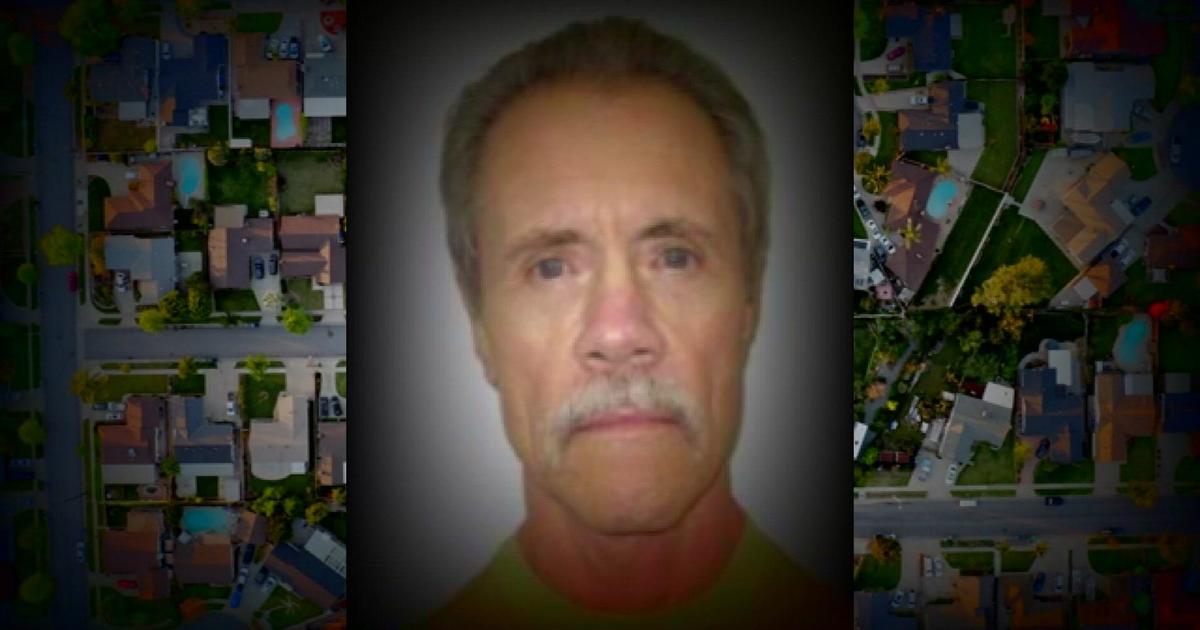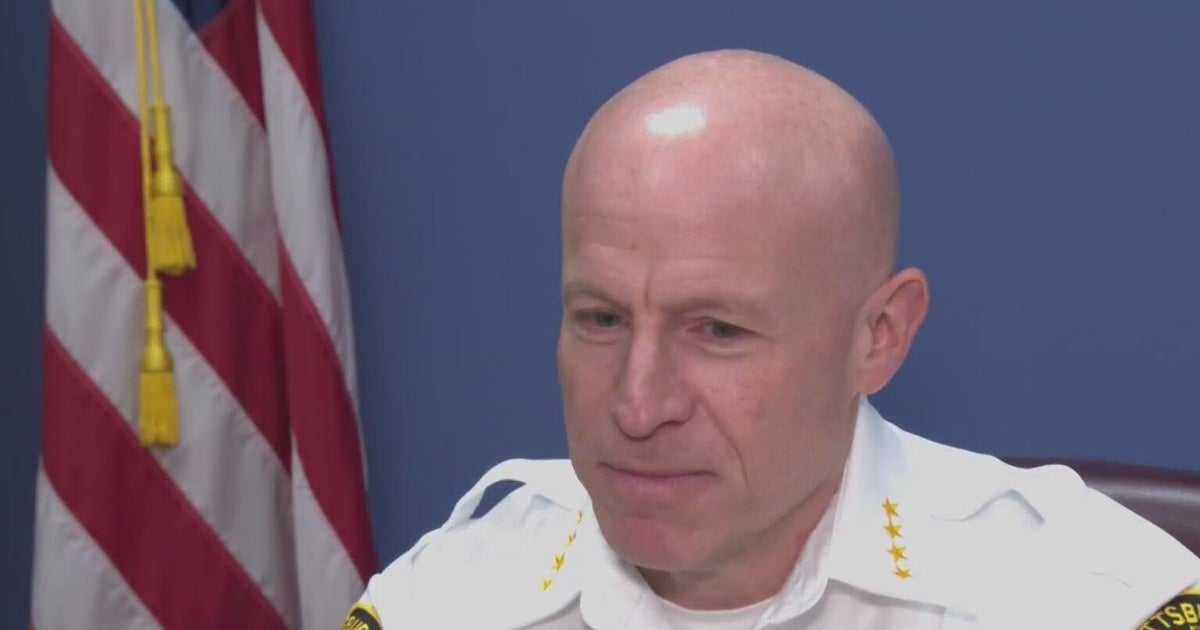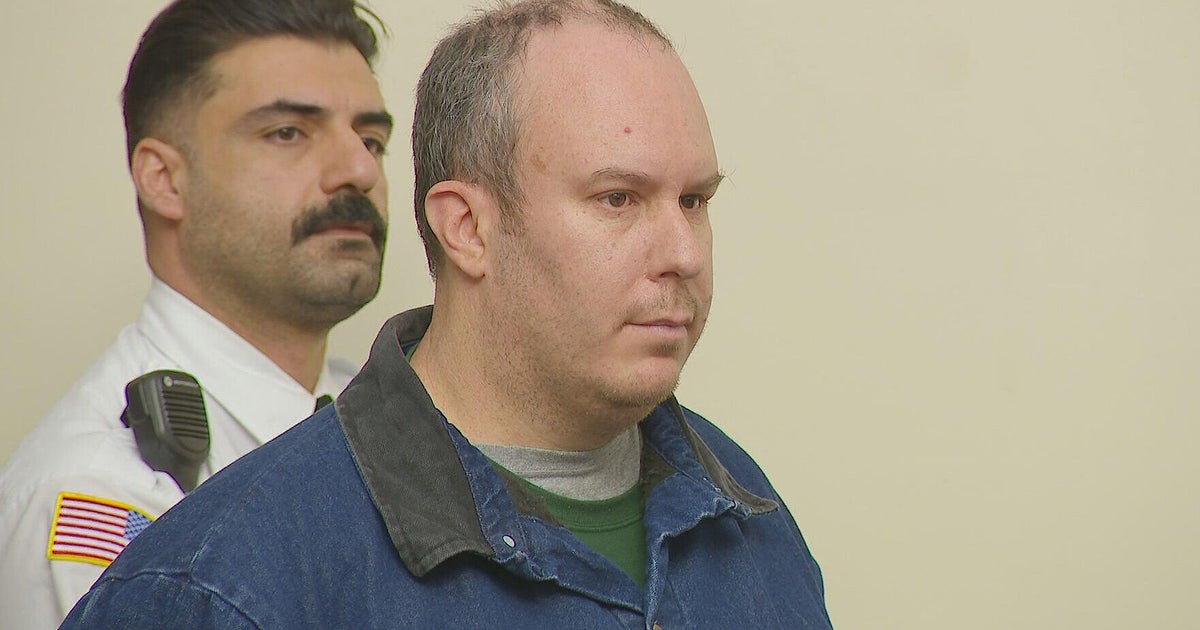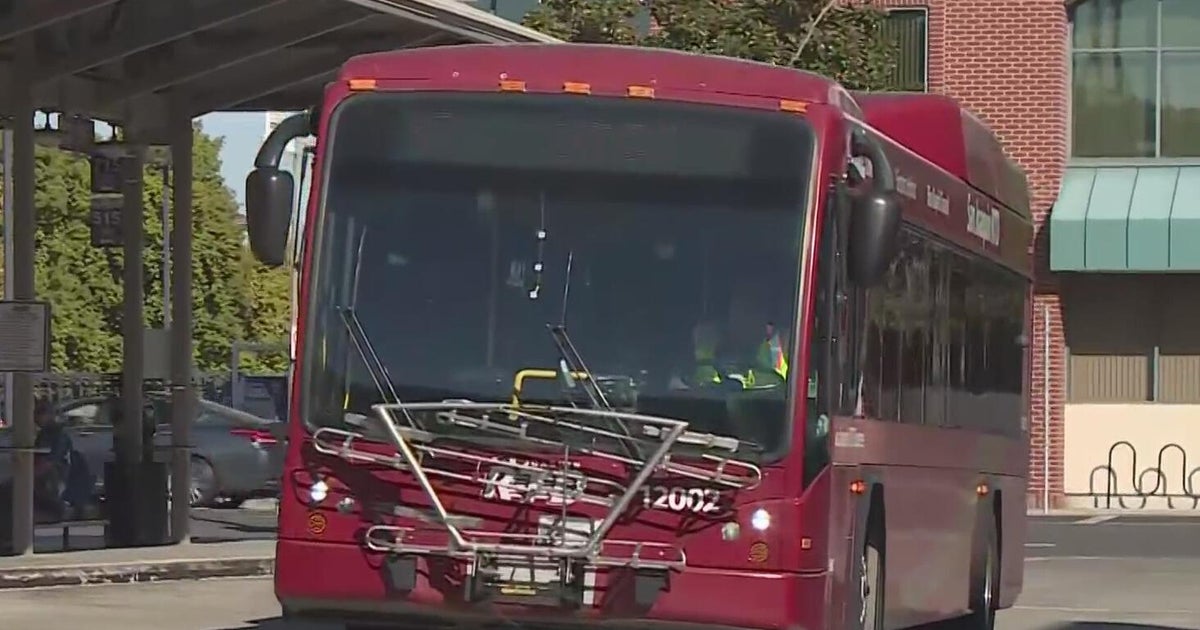Donations to pay for abortions surge
TAMPA — When the U.S. Supreme Court struck down Roe v. Wade last Friday, dismantling its nearly 50-year precedent protecting the right to an abortion, Marin Fehl was furious.
The 20-year-old college student from Hillsborough County had seen the leaked draft decision the month before. She knew what was coming, but the finality of the court's ruling and its implications for reproductive rights hit like a rocket to the gut.
"I was extremely enraged. I still feel a huge amount of anger," Fehl said. "But I also felt a desire to act."
That afternoon, Fehl took to Instagram and announced a bake sale. The proceeds, she posted, would go to the Tampa Bay Abortion Fund.
Others had similar ideas in mind.
From bake sales and benefit concerts, to haircuts and charity kickball games, people around Tampa Bay are getting creative in their efforts to support organizations that help women pay for abortions.
While some funds around the country have paused or ceased collecting donations as they navigate legal hurdles that have arisen as a result of the Roe ruling, in Florida, abortion is still legal. Organizations that help women access such care are preparing to ramp up activity.
Livia Wallick, a board member for the Tampa Bay Abortion Fund, didn't provide a dollar amount raised, but said since the decision came down last Friday, the organization has received enough to pay for more than 280 abortions. She said the cost of a standard abortion paid for by the organization is between $500 and $600.
The fund typically sees an increase in donations when major news drops. Wallick called them "rage donations."
When Florida passed a law earlier this year banning most abortions after 15 weeks — or just after the first trimester — Wallick said the fund saw an uptick in support. When a Supreme Court draft opinion was leaked in May, indicating judges were poised to overturn Roe, donations again surged.
What's different this time, said Wallick, is the range of support.
"There's a spin class fundraiser for us. There's a baked goods and wine night happening at a local coffee shop to raise money," Wallick said. "Businesses and individuals want to do something in response to the court's devastating decision."
Abortion costs
The influx of support has been felt by organizations across Florida, too.
Florida Access Network executive director, Stephanie Loraine Piñero, said her organization — which is run by queer women who have had abortions — has received more than $100,000 since the Supreme Court decision dropped. That money will be used to help women access abortions across the state.
More than 1,400 people were in attendance at an indoor event the organization hosted in downtown Orlando this week, Piñero said. Others were lined down the block trying to get in.
That abortion funds are receiving increased support right now is vitally important, Piñero said. Abortion is expensive.
The median cost of a first-trimester abortion is around $560, according to research from the National Committee for Responsive Philanthropy, a nonprofit that analyzes the efficacy of charitable giving. With more than half of the U.S. population living paycheck to paycheck, a cost that large is unfeasible for many.
Restrictive legislation is adding to the expense. In April, a Florida judge upheld a law requiring a 24-hour waiting period between a first consult and an abortion after a seven-year legal battle in the courts.
"So if they have to take off time for work, that has to happen twice," Piñero said. "If they need a ride or help to pay for gas, that has to happen twice. They need childcare for both times."
Beginning Friday, when the new Florida abortion law takes effect, the organization will have to pay for women whose pregnancies have progressed beyond 15 weeks to travel out of state for abortion, too.
"If people want something tangible to do in this moment, donating to an abortion fund can help," Piñero said.
She said recurring donations are preferred because they allow the organization to plan ahead.
Looking to elections
While abortion funds focus on getting people access to care, Laura Goodhue, Planned Parenthood PAC director, said turning attention to upcoming elections is also a priority for groups looking to protect abortion rights.
"We're focused on elections right now because that is what is going to protect access to reproductive health care in Florida," Goodhue said.
Following the Supreme Court's decision, Goodhue said her organization launched canvasses and held news conferences around the state. More than 400 people tuned in to an online information session the day the decision came down.
"One in four women have had an abortion," Goodhue said. "We're focused on electing champions to the Florida Senate to get closer to parity on reproductive health care."
She said that call volumes at Planned Parenthood clinics have surpassed usual capacity by the hundreds since the decision dropped.
"We're getting calls from people who want to volunteer and donate," Goodhue said. "But we're also getting calls from patients looking for birth control or wondering how to get their appointment in before they no longer can."

